The experience of the education system during the COVID-19 crisis
Article published on 30-01-2021The COVID-19 pandemic surprised Romania to the same extent that it surprised the whole world. As soon as the nature of the disease began to be understood, and the measures and sacrifices that society had to make to survive this challenge became clearer, a huge dilemma was added to the concerns of the health crisis: the crisis of education.
The fight against the disease has begun to affect the future in an unexpected way, by limiting access to school education for children and young people. In the face of this problem, no society has proved to be fully prepared since the first moments of quarantine, and the solutions have been varied, with different degrees of success from one country to another.
For Romania, the effort to keep children connected to the education system meant overcoming an important series of difficulties: the unequal access to distance communication technology that both schools and teachers, as well as their students and families felt; the ability of teachers to adapt to the methodology of online learning, different from that of interaction with students in the classroom; the stress borne by parents, engaged in a new and very demanding way in the education process; the accumulated psychological effect that social distancing had on children and young people. Distance learning did not start during the quarantine period in a totally unprepared way, because some online resources, as well as a certain level of experience, especially in the university system, already existed. However, it was not easy for the education system to extend these experiences from a niche level to a general status.
In the publication "The experience of the education system during the COVID-19 crisis" we set out to bring together three categories of perspectives on the first reaction of the education system to the COVID-19 crisis: the institutional one, represented by the measures adopted and the resources mobilized by the Ministry of Education and its partners; the perspective of the main actors of the system, those directly involved as students, teachers and parents; the opinions of specialists in the sciences of education, who are still at the beginning of the sedimentation and analysis of the information accumulated in this context.
Daniela Zaharia
Secretary - General NCR UNESCO



